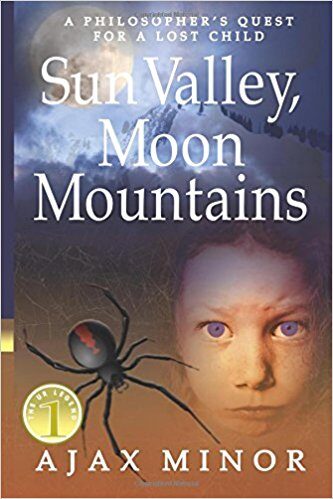Writing is a business like any other. Few of us like to think of it that way, especially those who have been treating it like a hobby for years. But, you’re not going to be able to take things further unless you get into that business frame of mind. Hobbies don’t pay the bills. In general, us writers are a shy breed. Marketing can be a hard thing to get our heads around, so it’s worth getting help here. You can learn how to market yourself on sites like thewritelife.com. But, it’s not only ourselves that we need to consider marketing. First, we need to get a book written. And, we need to know how to market that, too.

One thing’s sure; you won’t be able to kickstart your writing career until you learn who your audience are. This should be the first step in your marketing journey. You may have a fantastic book idea, and that is half of the battle. But, many writing courses will tell you that it’s far from enough. Before you spend years writing a book that won’t sell, take time to gain an idea of what the industry is focusing on. You could write the greatest love story in the world, but if that’s not what the market is working with, you’ll have a challenge selling to a publisher. Doing your research before you start will help you write a book that fits with current demand. Of course, you may need to look into upcoming releases for the next few years, too. In many ways, you need to get ahead of the game. It may be a while before your book is ready to hit the shelves, after all. The current trend could be old news by the time you’re finished.

Once you’ve done your research, you should know what direction you want your book to go in. That should give you a better idea of your audience. Some writers tell against writing with a large audience in mind. In her writing manual, Bird by Bird, Anne Lamott recommends writing for someone you know. Other writers advise writing the book you want to read and forgetting about the rest. Advice like this can be useful, but it may not be what you need to lead to significant sales. If you want to achieve widescale success with your writing, your audience is paramount.
To help you get a grip on what people want to read, it’s worth looking at other books in your chosen genre. If you’re writing a fantasy, for example, sites like booksiren.com offer some fantastic inspiration ideas. It’s hard to know what works if you don’t read the books that have already made it. Research of this kind will help you learn your trade, too. This is especially important if you’re working in a genre you’re unfamiliar with. And, that may be necessary if that’s where the market is focusing. But, even if you’re writing in your chosen field, you should be reading successful new releases. Research like this will help you learn the tropes of your trade.
Few of us like to think about ‘tropes.’. They can seem like a cheap way to gain success. Yet, they are often what an audience love about certain genres. For example, many romance readers enjoy a love triangle. Those who enjoy crime novels often look out for the tortured detective backstory. While many of us turn our nose up at techniques like these, we can’t deny that they work. Otherwise, they wouldn’t be used so widely. Your audience may be disappointed not to find these things in your book. At least reading as much as possible will help you learn how to do these things well. That way, you keep your writing dignity and still please your audience.

Knowing who you’re writing for will also help you gain success in a more practical sense. When it comes time to send your manuscript to agents, knowing the ins and outs of your audience will help you find the right person. Some agents work across the board. But, most specialize in certain genres and know which publishers are likely to take them. So, knowing your genre and who you’re writing for will ensure you’re sending it to agents who will give it the time of day. It’s only polite when you think about it. If you send your sci-fi manuscript to an agent who specializes in historical fiction, they won’t give you the time of day.
Visits: 251



